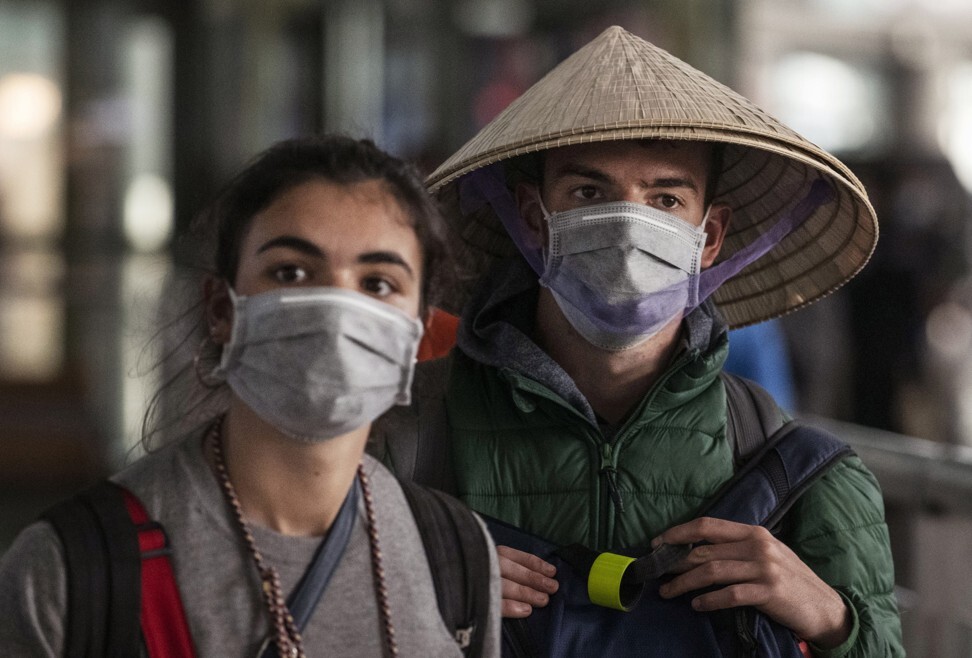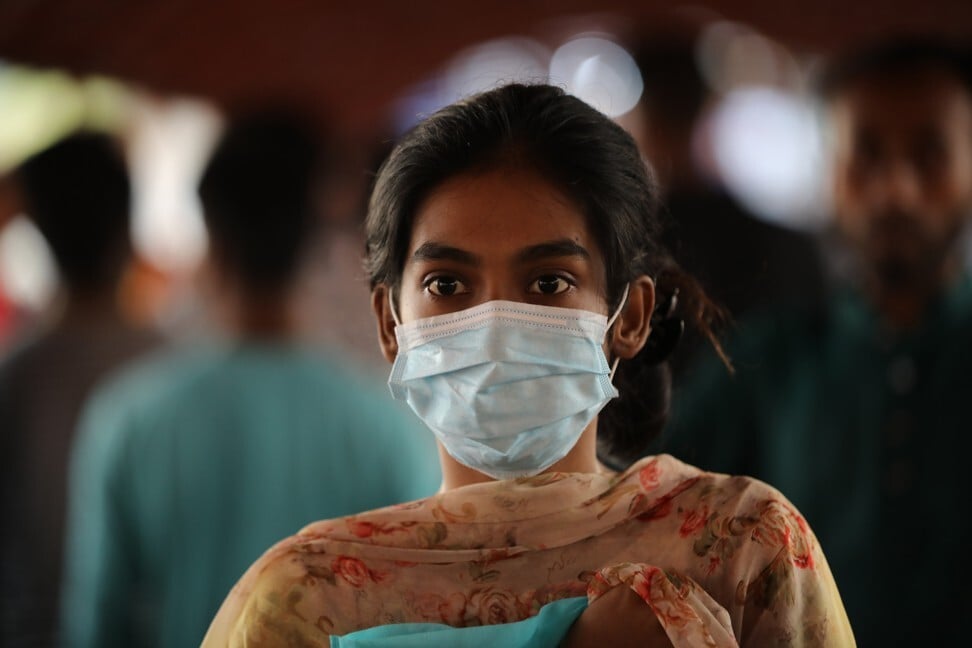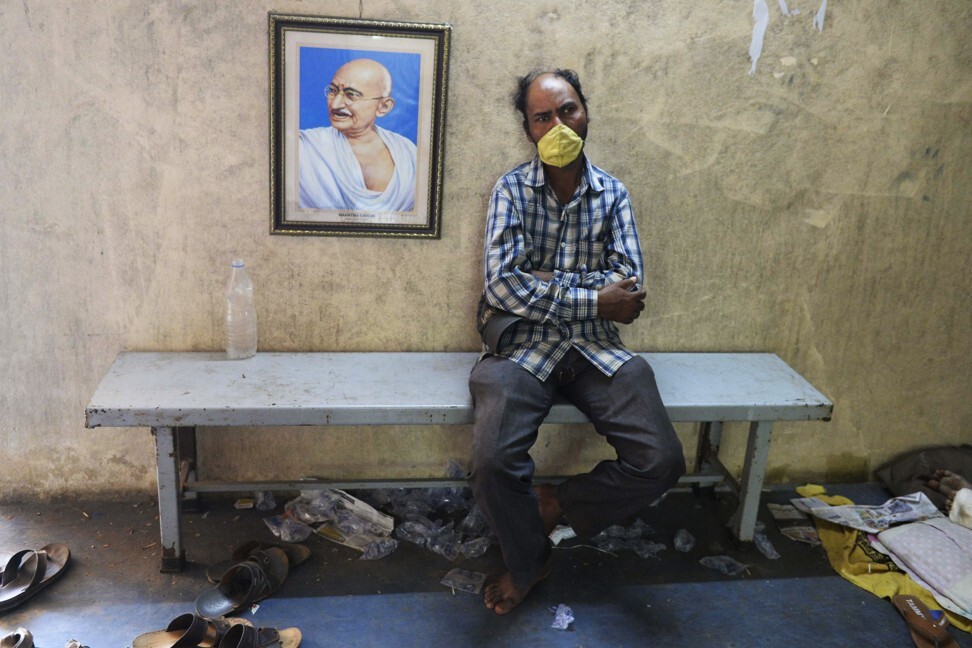
No cruises, all-inclusive resorts: responsible travel tips for planning holidays post-coronavirus so your money goes to where it’s needed most
- Travellers should go out of their way to visit the countries that have been most affected by Covid-19 to help them recover, one expert says
- They should also help support local businesses, which usually means avoiding cruises, foreign-owned hotel chains and all-inclusive resorts, another says
Where will you go on your first international trip after the coronavirus pandemic is over? The near-global lockdown is beginning to ease in some places and, though travel is going to be drastically affected in the months and years ahead, tourism is not going to stay in stasis for much longer.
Nor should it, says Sam Bruce, co-founder and director at adventure holidays company Much Better Adventures, who believes that post-pandemic travel is going to be essential for the millions of people affected by the shutdown of tourism.
“It’s so important that we do all get back out on the road when it’s safe, and to recognise that we’re not only satisfying our pent-up desire to adventure again,” he says.
Travellers should go out of their way to visit the countries that have been most affected by Covid-19 to help them recover, he says.
“By doing so we can help to rebuild lives, restore and heal communities, instil hope, and support great places and people who have lost their livelihoods this year.”

“I think, post-Covid-19, we can expect the appetite for sustainable and responsible travel, as well as the opportunity to give back to local communities, to continue and perhaps even increase,” says Glenn Fogel, CEO of online travel company Booking Holdings, which owns Booking.com. His company’s global research of 18,007 people across the globe in February and March 2019 showed that 68 per cent would like the money they spend on travel to go back into the local community.
Why animal rescue centres need your help amid virus lockdown
So how should we make our spending decisions?
It’s all about the supply chain. Book a typical “mass tourism” trip (a coach tour, all-inclusive resort stay, a cruise package) to a developing nation and, according to the UN, just US$5 in every US$100 goes into the local economy.
“That is not only plain criminal, but it will not support the recovery for local communities as effectively,” says Bruce, whose company is set up to ensure US$80 from every US$100 is spent locally. “It’s going to be more important than ever to be selective about who you book your travel with.”
Right now, you can positively contribute to local economies by postponing rather than cancelling your future travel plans.
“If your holiday is cancelled it would be great if you can defer your trip till later in the year, or to next year,” says Tim Williamson, customer director at Responsible Travel, whose trips are screened to make sure they benefit local communities and their environment. “If you do need your money back, then do bear with your travel company as they may have already paid their local suppliers.”

“Have a good understanding of any challenges the destination is facing, and be proactive and hypersensitive about it,” he says. “Be generous with your time and money spent with local businesses, and encourage your own social network to visit afterwards and to go local too.”
Avoiding holidays that involve large cruise ships and foreign-owned hotel chains are two good ways to start, Williamson says. Another is to say no to all-inclusive holidays, which tend to spend less on locally owned restaurants and bars.
Connecting with local tour guides and companies means you will usually get a more authentic experience with local communities. Another positive decision is to visit places that see fewer tourists.
If the borders are open, transport links are operating and your local government has lifted travel restrictions then it should be safe to travel
Which brings us to the question of how to choose your destination responsibly. For the most part, the coronavirus has been an urban phenomenon. There could well be a desire among people travelling post-Covid-19 to take a self-contained holiday, avoiding cities to visit remote areas of the world in camper vans, boats and yachts, or to stay in isolated cottages away from others.
But is that fair to local communities that lack infrastructure and may not even have been exposed to the virus yet?
“There is very little reason travellers should avoid remote areas,” says Fogel, adding that travellers should always follow government travel guidance on where they should and should not go.
Bear in mind that remote areas may not be prepared for an influx of travellers, and international hotel chains and large operators who jump on any trend for semi-isolation could quickly exploit vulnerable communities.
“If the borders are open, transport links are operating and your local government has lifted travel restrictions then it should be safe to travel, but you do need to think about the infrastructure of the destination you are visiting and the effect of you being there,” Williamson says. “Can they cope and do they want visitors yet?”

There’s an easy way out of this conundrum.
“Book trips that use good small-scale tourism operators, who not only respect those ecosystems and communities, but actively work to protect and nurture them,” Bruce says.
He suggests tourists should find out in advance about challenges the destination is facing so they can be proactive and sensitive about them.
“Tourism can heal and restore the places and people that need it the most, but remote destinations really need the right kind of tourism,” he says.

Anyone doubting the economic importance of travel need only look at the figures for Asia. According to the World Travel & Tourism Council, travel and tourism generated 9.8 per cent of Asia-Pacific’s economy in 2019. In China alone, the sector supports nearly 80 million jobs. Over the last five years the sector has created more than 21 million new jobs in Asia-Pacific, with China, Vietnam, Malaysia and the Philippines leading the way in terms of GDP and employment size.
With numbers like that, don’t expect borders to keep closed for longer than they need to be. What’s more, there are likely to be many tempting deals offered by airlines, hotels and travel agencies when more normal service resumes.
“Destinations that depend heavily on tourism will be eager to welcome back visitors, even more so if they have been hit badly by Covid-19,” Williamson says. “Countries that depend less on tourism, like South Korea, can enforce a two-week quarantine on new arrivals, but we do not see this being replicated in countries who need their foreign visitors more.”
Coronavirus: effect on Asian tourism will carry into 2021, experts say
Many will consider it irresponsible, selfish and risky to travel even after borders reopen – after all, wasn’t it global travel that started all this? And many countries will encourage people to spend on their own local economy by opting for “staycations”.
But as the Covid-19 crisis becomes a global recession, it’s also worth remembering that it’s the poorest countries that will be the worst hit and the slowest to recover.
“Knowledge has become the new currency and being a force for good when travelling has become the new souvenir,” Fogel says. “It’s in using this knowledge that we can become more responsible travellers and continue to experience the world in a considerate way.”

